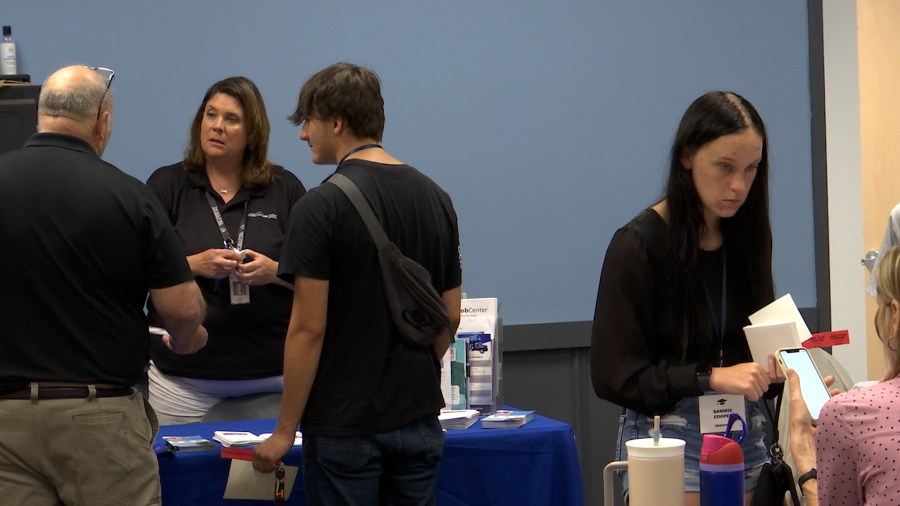Supporting Teens Transitioning from Foster Care to Adulthood
The journey from high school to adulthood is a significant milestone for any young person, but for those who have spent time in the foster care system, it can be particularly challenging. In Tennessee alone, over 4,000 teens have aged out of the foster care system in the past five years. This transition often comes with unique obstacles, including instability, limited support systems, and difficulty securing employment or housing.
To address these challenges, the Department of Child’s Services (DCS) and Youth Villages recently held an event to celebrate teens who have recently graduated from high school or completed a post-secondary program. The gathering not only recognized their achievements but also provided them with essential resources to help navigate life after foster care. Attendees were connected with services that could assist with job placement, housing options, and continued education opportunities.
A Personal Story of Resilience
One of the graduates, Ariel Lagace, shared her experiences with the challenges she faced growing up in multiple foster care homes. “I was in different foster homes with different families, so it was really hard, especially when moving from one home to another. I often felt unstable or even unwanted,” she said. Despite these difficulties, Lagace has managed to overcome the odds. She recently graduated from high school and is now attending Pellissippi State Community College.
As a first-generation college student, Lagace’s journey has been marked by perseverance. “No one in my family has ever graduated high school, so when I did, it felt like a huge accomplishment. It was a moment where I realized, ‘I did it.’ But I think it’s important to focus on your goals and reach out for support when you need it,” she explained.
Programs That Make a Difference
Lagace was also part of the LifeSet program, which pairs specialists with teens who have aged out of foster care. These specialists provide guidance and support in areas such as financial planning, finding a car, and managing school-related responsibilities. More importantly, they offer emotional and mental health support, which is crucial for teens navigating this transitional period.
According to Lindsay Coleman from the Department of Child Services, teens who age out of the foster care system face higher risks of homelessness, financial instability, and early pregnancy. “That’s why programs like LifeSet are so vital. They give these young people the tools and support they need to build stable, independent lives,” she said.
Collaborative Efforts to Help Teens Succeed
The recent graduation event was made possible through the collaboration of several organizations, including Youth Villages, DCS, the Tennessee Alliance for Kids, and Cokesbury Church. These groups work together to ensure that teens who have aged out of the foster care system have access to the resources and support they need to thrive.
In addition to the LifeSet program, the Extension of Foster Care Services offered by DCS provides further assistance to those transitioning out of the system. This initiative helps connect youth with mentors, educational opportunities, and other critical services that can make a lasting difference in their lives.
Building a Stronger Future
While the road to adulthood may be more difficult for those who have spent time in foster care, the presence of supportive programs and community efforts offers hope. By providing access to education, employment, and housing, these initiatives help young people build a foundation for long-term success.
For many, the key to overcoming adversity lies in seeking support and staying focused on personal goals. As Lagace’s story shows, with the right resources and determination, it is possible to break the cycle and create a better future. Her experience highlights the importance of continued investment in programs that empower teens to succeed beyond the foster care system.







